Forrest's Final Address To His Troops
Confederate Correspondence, Orders, And Returns Relating To Operations In Kentucky, Southwestern Virginia, Tennessee, Northern And Central Georgia, Mississippi, Alabama, And West Florida, From March 16 To June 30, 1865.--#8O.R.--SERIES I--VOLUME XLIX/2 [S# 104]
HEADQUARTERS FORREST'S CAVALRY CORPS,Gainesville, Ala., May 9, 1865.
SOLDIERS: By an agreement made between Lieutenant-General Taylor, commanding the Department of Alabama, Mississippi, and East Louisiana, and Major-General Canby, commanding U.S. forces, the troops of this department have been surrendered. I do not think it proper or necessary at this time to refer to the causes which have reduced us to this extremity, nor is it now a matter of material consequence to us how such results were brought about. That we are beaten is a self-evident fact, and any further resistance on our part would be justly regarded as the very height of folly and rashness. The armies of Generals Lee and Johnston having surrendered, you are the last of all the troops of the C. S. Army east of the Mississippi River to lay down your arms. The cause for which you have so long and so manfully struggled, and for which you have braved dangers, endured privations and sufferings, and made so many sacrifices, is to-day hopeless. The Government which we sought to establish and perpetuate is at an end. Reason dictates and humanity demands that no more blood be shed. Fully realizing and feeling that such is the case, it is your duty and mine to lay down our arms, submit to the "powers that be," and to aid in restoring peace and establishing law and order throughout the land. The terms upon which you were surrendered are favorable, and should be satisfactory and acceptable to all. They manifest a spirit of magnanimity and liberality on the part of the Federal authorities which should be met on our part by a faithful compliance with all the stipulations and conditions therein expressed. As your commander, I sincerely hope that every officer and soldier of my command will cheerfully obey the orders given and carry out in good faith all the terms of the cartel. Those who neglect the terms and refuse to be paroled may assuredly expect when arrested to be sent North and imprisoned. Let those who are absent from their commands, from whatever cause, report at once to this place or to Jackson, Miss.; or, if too remote from either, to the nearest U.S. post or garrison for parole. Civil war, such as you have just passed through, naturally engenders feelings of animosity, hatred, and revenge. It is our duty to divest ourselves of all such feelings, and so far as in our power to do so to cultivate friendly feelings toward those with whom we have so long contested and heretofore so widely but honestly differed. Neighborhood feuds, personal animosities, and private differences should be blotted out, and when you return home a manly, straightforward course of conduct will secure the respect even of your enemies. Whatever your responsibilities may be to Government, to society, or to individuals, meet them like men. The attempt made to establish a separate and independent confederation has failed, but the consciousness of having done your duty faithfully and to the end will in some measure repay for the hardships you have undergone. In bidding you farewell, rest assured that you carry with you my best wishes for your future welfare and happiness. Without in any way referring to the merits of the cause in which we have been engaged, your courage and determination as exhibited on many hard-fought fields has elicited the respect and admiration of friend and foe. And I now cheerfully and gratefully acknowledge my indebtedness to the officers and men of my command, whose zeal, fidelity, and unflinching bravery have been the great source of my past success in arms. I have never on the field of battle sent you where I was unwilling to go myself, nor would I now advise you to a course which I felt myself unwilling to pursue. You have been good soldiers, you can be good citizens. Obey the laws, preserve your honor, and the Government to which you have surrendered can afford to be and will be magnanimous.
N. B. FORREST, Lieutenant-General.
Quote by US President Used in the D.W. Griffith film, “Birth of a Nation.” Said President Wilson, "It is like writing history with lightning, and my only regret is that it is all so terribly true." Wilson's family had sympathized with the Confederacy during the Civil War, and cared for wounded Confederate soldiers at a church. When he was a young man, his party had vigorously opposed Reconstruction, and as president he resegregated the federal government for the first time since Reconstruction.
Interview with Nathan Bedford Forrest
Cincinnati Commercial, August 28, 1868 (also 40th Congress, House of Representatives, Executive Documents No. 1, Report of the Secretary of War, Chapter X, Page 193)
Forrest described
My first visit was to General Forrest, whom I found at his office at 8 o'clock this morning hard at work, although complaining of an illness contracted at the New York convention. Now that the southern people have elevated him to the position of their great leader and oracle, it may not be amiss to preface my conversation with him with a brief sketch of the gentleman. I cannot better personally describe him than by borrowing the language of one of his biographers: "In person he is six feet one inch and a half in height, with broad shoulders, a full chest and symmetrical, muscular limbs, erect in carriage, and weighs 185 pounds; dark gray eyes, dark hair, mustache, and beard worn upon the chin; a set of regular set teeth and clearly cut features," which altogether, makes him rather a handsome man for one forty-seven years of age.
Has no objection to being questioned
After being seated in his office, I said: "General Forrest, I came especially to learn your views in regard to the condition of your civil and political affairs in the State of Tennessee, and the South generally. I desire them for publication in the Cincinnati Commercial. I do not wish to misrepresent you in the slightest degree, and therefore only ask for such views as you are willing that I should publish."
"I have not now," he replied, "and never have had, any opinion on any public or political subject which I would object to having published. I mean what I say, honestly and earnestly and only object to being misrepresented, I dislike to be placed before the country in a false position, especially as I have not sought the reputation which I have gained."
I replied, "Sir, I will publish only what you say, and then you cannot possibly be misrepresented. Our people desire to know your feeling toward the general government, the State of Tennessee, the radical party, both in and out of the State, and upon the question of negro suffrage."
His status defined
"Well, sir," said he, "When I surrendered my 7,000 men in 1865, I accepted a parole honestly, and have observed it faithfully, up to today. I have counseled peace in all the speeches I have made; I have advised my people to submit to the laws of the State, oppressive as they are, and unconstitutional as I believe them to be. I was paroled, and not pardoned until the issuance of the last proclamation of general amnesty, and therefore did not think it prudent for me to take any active part until the oppression of my people became so great that they could not endure it, and then I would be with them. My friends thought differently and sent me to New York, and I am glad that I went there."
The situation getting worse
"Then I suppose, General that you think the oppression has become so great that your people should no longer bear it?"
"No," he answered, "it is growing worse hourly; yet I have said to the people, stand fast; let us try to right the wrong by legislation. A few weeks ago I was called to Nashville to counsel with other gentlemen who had been prominently identified with the cause of the confederacy, and we then offered pledges which we thought would be satisfactory to Mr. Brownlow and his legislature, and we told them that if they would not call out the militia we would agree to preserve order and see that the laws were enforced. The legislative committee certainly led me to believe that our proposition would be accepted, and no militia organized. Believing this, I came home, and advised all of my people to remain peaceful, and offer no resistance to any reasonable law. It is true that I never have recognized the present government in Tennessee as having any legal existence, yet I was willing to submit to it for a time, with the hope that the wrongs might be righted peacefully."
Feeling towards Uncle Sam
"What are your feelings towards the federal government, general?"
"I loved the old government in 1861. I loved the old Constitution yet. I think it is the best government in the world, if administered as it was before the war. I do not hate it; I am opposing now only the radical revolutionists who are trying to destroy it. I believe that party to be composed, as I know it is in Tennessee, of the worst men on God's earth - men who would hesitate at no crime, and who have only one object in view - to enrich themselves."
On Brownlow and the K.K.K.
"In the event of Governor Brownlow calling out the militia, do you think there will be any resistance offered to their acts?" I asked.
"That will depend upon circumstances. If the militia are simply called out, and do not interfere with or molest anyone, I do not think there will be any fight. If, on the contrary, they do what I believe they will do, commit outrages, or even one outrage, upon the people, they and Mr. Brownlow's government will be swept out of its existence; not a radical will be left alive. If the militia are called out, we cannot but look upon it as a declaration of war, because Mr. Brownlow has already issued his proclamation directing them to shoot down the Ku-Klux wherever they find them, and he calls all Southern men Ku-Klux."
"Why, general, we people up north have regarded the Ku-Klux as an organization which existed only in the frightened imagination of a few politicians"
The Ku-Klux Klan
"Well, sir, there is such an organization, not only in Tennessee, but all over the South, and its numbers have not been exaggerated."
"What are its numbers, general?"
"In Tennessee there are over 40,000; in all the Southern states they number about 550,000 men."
"What is the character of the organization; May I inquire?"
"Yes, sir. It is a protective political military organization. I am willing to show any man the constitution of the society. The members are sworn to recognize the government of the United States. It does not say anything at all about the government of Tennessee. Its objects originally were protection against Loyal Leagues and the Grand Army of the Republic; but after it became general it was found that political matters and interests could best be promoted within it, and it was then made a political organization, giving its support, of course, to the Democratic party."
"But is the organization connected throughout the state?"
"Yes, it is. In each voting precinct there is a captain, who, in addition to his other duties, is required to make out a list of names of men in his precinct, giving all the radicals and all the democrats who are positively known, and showing also the doubtful on both sides and of both colors. This list of names is forwarded to the grand commander of the State, who is thus enabled to know who are our friends and who are not."
"Can you, or are you at liberty to give me the name of the commanding officer of this State?"
"No, it would be impolitic."
Probabilities of a Conflict in Tennessee
"Then I suppose that there can be no doubt of a conflict if the militia interfere with the people; is that your view?"
"Yes, sir; if they attempt to carry out Governor Brownlow's proclamation, by shooting down Ku-Klux - for he calls all Southern men Ku-Klux - if they go to hunting down and shooting these men, there will be war, and a bloodier one than we have ever witnessed. I have told these radicals here what they might expect in such an event. I have no power to burn or kill negroes. I intend to kill the radicals. I have told them this and more, there is not a radical leader in this town but is a marked man, and if a trouble should break out, none of them would be left alive. I have told them that they are trying to create a disturbance and then slip out and leave the consequences to fall upon the negroes, but they can't do it. When the fight comes not one of them would get out of this town alive. We don't intend they shall ever get out of the country. But I want it distinctly understood that I am opposed to any war, and will only fight in self-defense. If the militia attack us, we will resist to the last, and, if necessary, I think I could raise 40,000 men in five days ready for the field."
Thinks the K.K.K. beneficial
"Do you think, general, that the Ku-Klux have been of any benefit to the State?"
"No doubt of it. Since its organization, the leagues have quit killing and murdering our people. There were some foolish young men who put masks on their faces and rode over the country, frightening negroes, but orders have been issued to stop that, and it has ceased. You may say, further, that three members of the Ku-Klux have been court-martialed and shot for violations of the orders not to disturb or molest people."
"Are you a member of the Ku-Klux, general?"
"I am not, but am in sympathy and will co-operate with them. I know that they are charged with many crimes that they are not guilty of. A case in point is the killing of Bierfield at Franklin, a few days ago. I sent a man up there especially to investigate the case, and report to me, and I have his letter here now, in which he states that they had nothing to do with it as an organization."
The amnesty
"What do you think is the effect of the amnesty granted to your people?"
"I believe that the amnesty restored all the rights to the people, full and complete. I do not think the federal government has the right to disfranchise any man, but I believe that the legislatures of the States have. The objection I have to the disfranchisement in Tennessee is that the legislature which enacted the law had no constitutional existence, and the law in itself is a nullity. Still, I would respect it until changed by law; but there is a limit beyond which men cannot be driven, and I am ready to die sooner than sacrifice my honor. This thing must have an end, and it is now about time for that end to come."
"An explanation of or excuse for the formation of the Ku-Klux organization made by its defenders, was that it was the natural result of the existence of the 'Loyal Leagues,' secret organizations of Union men. It is reasonable to suppose this may be correct."
Subscribe to:
Post Comments (Atom)




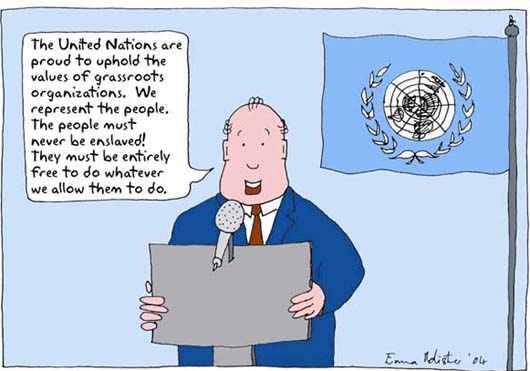
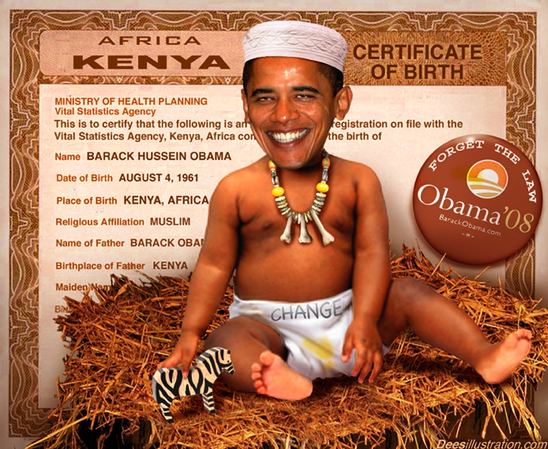



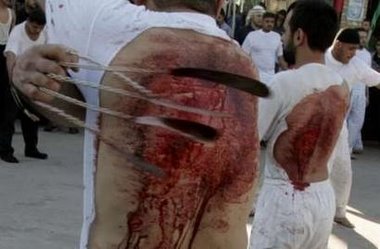



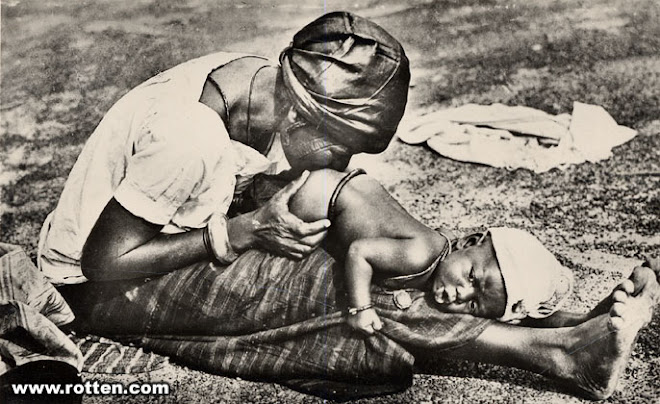

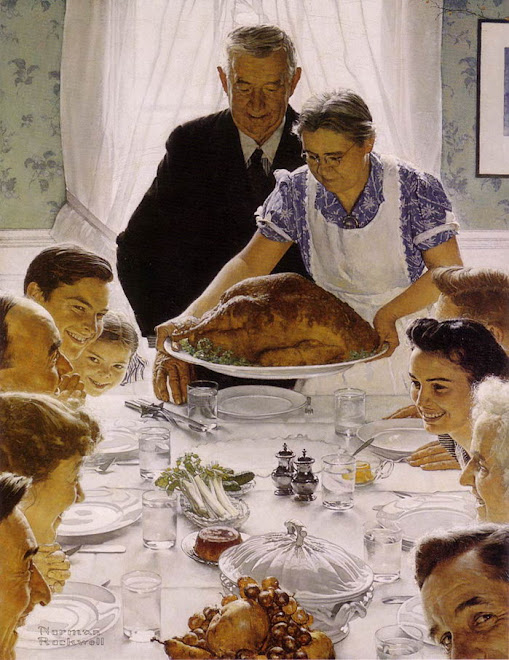






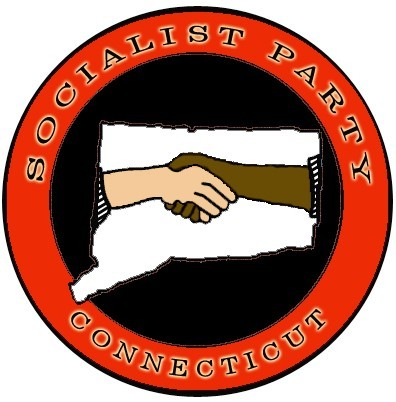


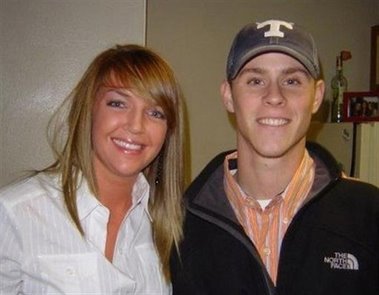



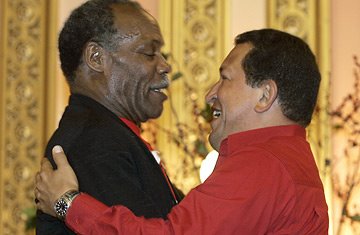

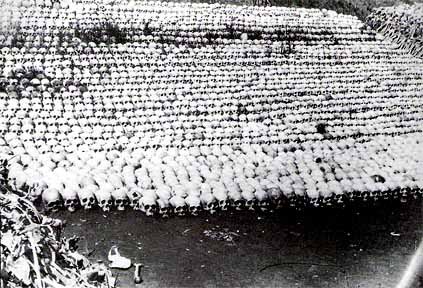
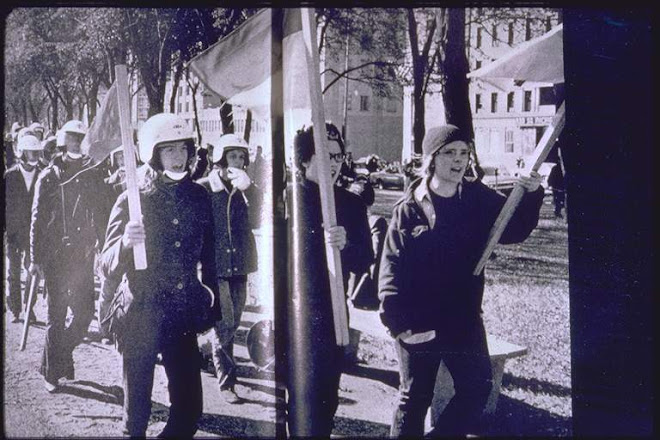
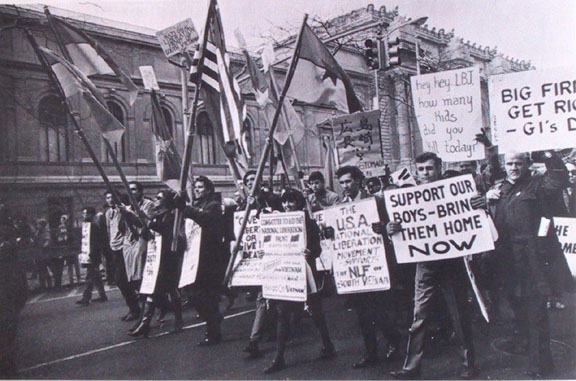
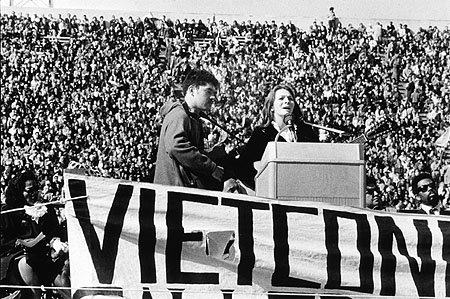
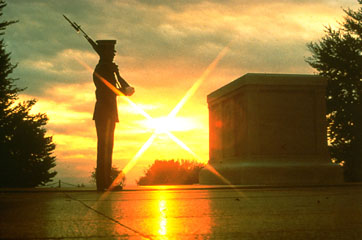

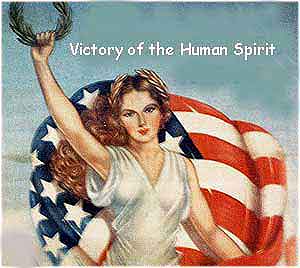


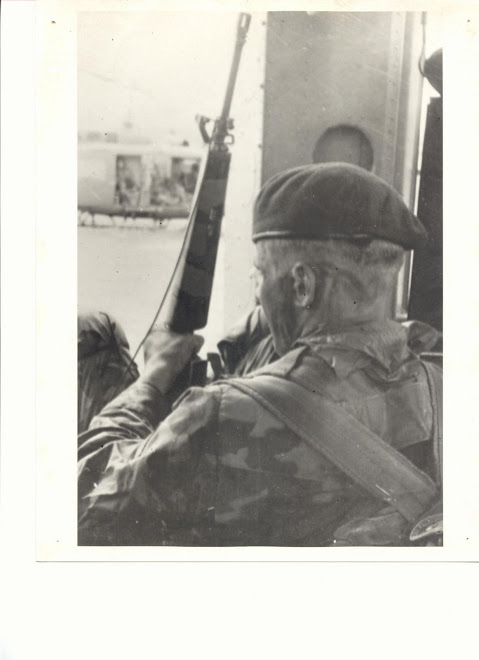
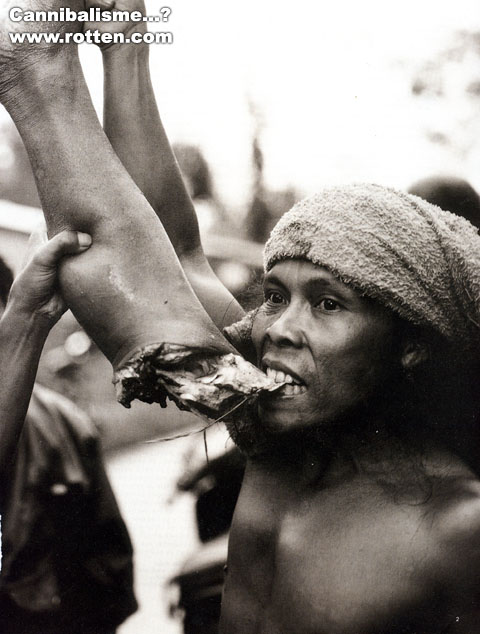


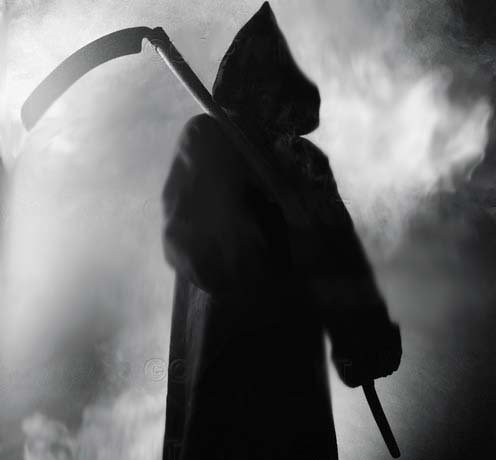

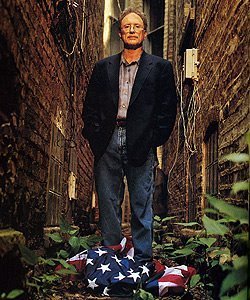




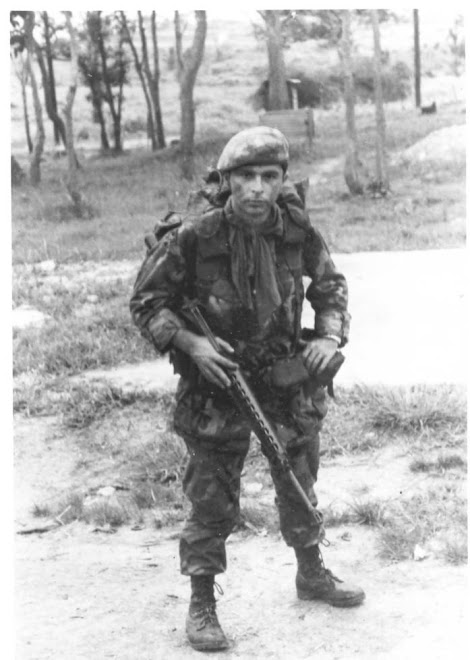
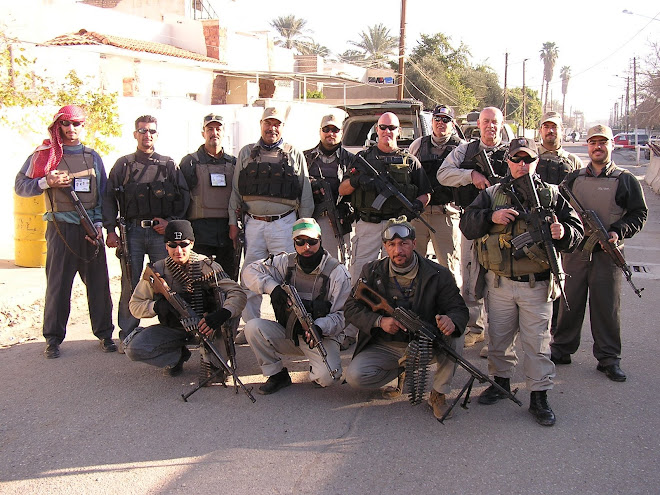
No comments:
Post a Comment